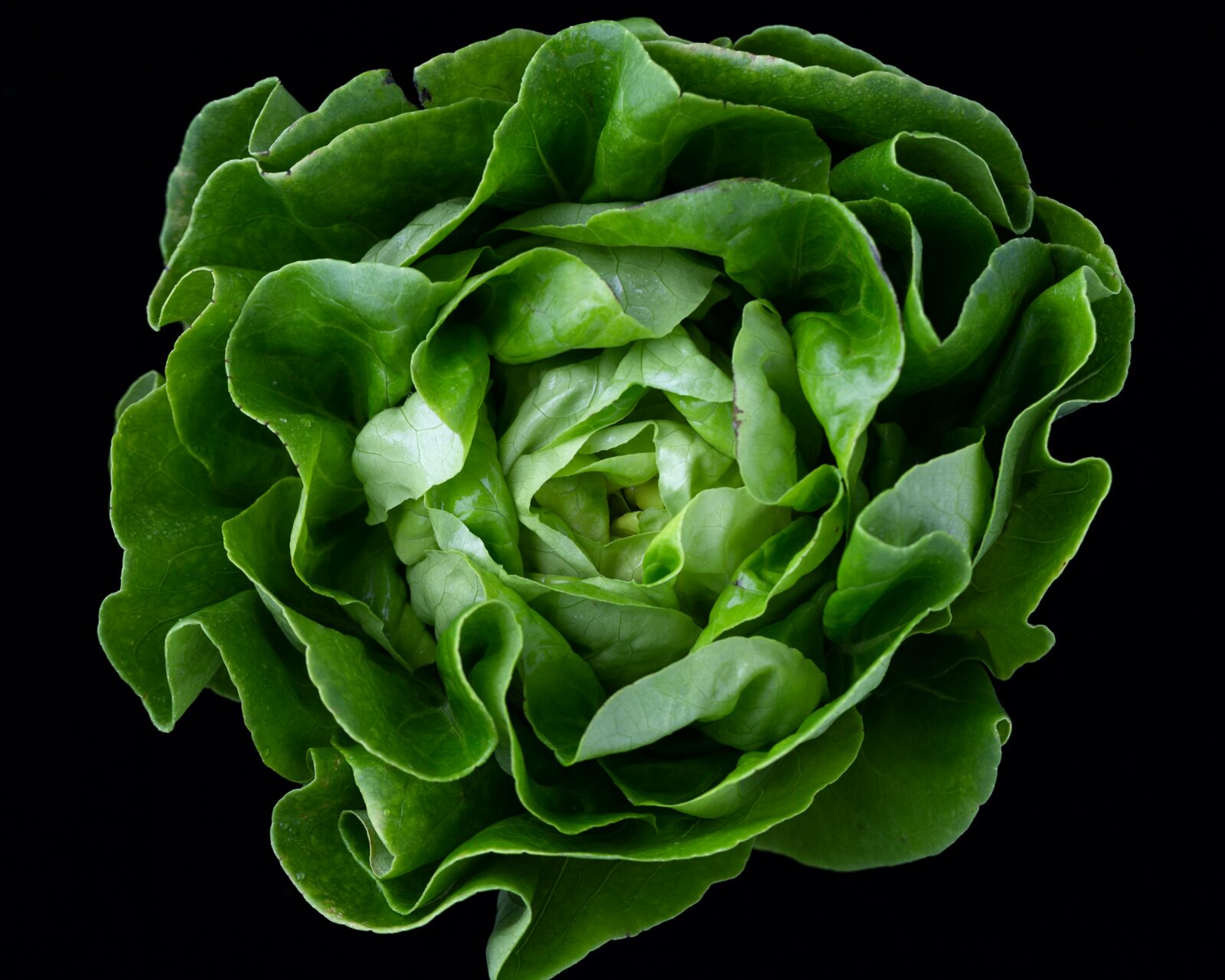Cabbage (Brassica oleracea var. capitata) is a member of the crucifer family, like broccoli, kale, and Brussels sprouts. The cabbage family also includes cauliflower, kohlrabi, and Chinese broccoli.
Cabbage is a vegetable you don’t hear about much. Lots of vegetables are popular, but cabbage seems mostly to be eaten in soup.
Actually, cabbage is very versatile. You can eat it raw, cooked, or in sauces. It can be eaten plain or stuffed with meat or cheese. It can be boiled or steamed or fried, and you can keep eating it even after it is cooked. It’s inexpensive, too. You can get cabbage all year round, and it isn’t expensive if you eat it raw or in soup.
Health benefits
Your mother was right. Cabbage really is good for you. Cabbage is high in vitamin C, containing as much as 23 percent by weight of vitamin C. It is a valuable source of antioxidants, which can improve your health by protecting your body against the effects of aging. The sinigrin and glucoraphanin present in cabbage helps to improve the immune system of the body. It helps in healing wounds, burns, and ulcers.
You probably know that cabbage is good for your digestion. Now it turns out that cabbage is good for more than just your insides. It is rich in antioxidants, phytochemicals, and enzymes, and these help to fight cancer, lower cholesterol, and protect against heart disease. Cabbage is also high in fiber. Dietary fiber may help lower your risk of many health problems, including heart disease, type 2 diabetes and some kinds of cancer.
Cabbage also contains calcium, magnesium, and potassium. These nutrients may help lower your risk of osteoporosis and colon cancer.
Cabbage also contains vitamin B6, which may help your body process carbohydrates.















Leave a Reply